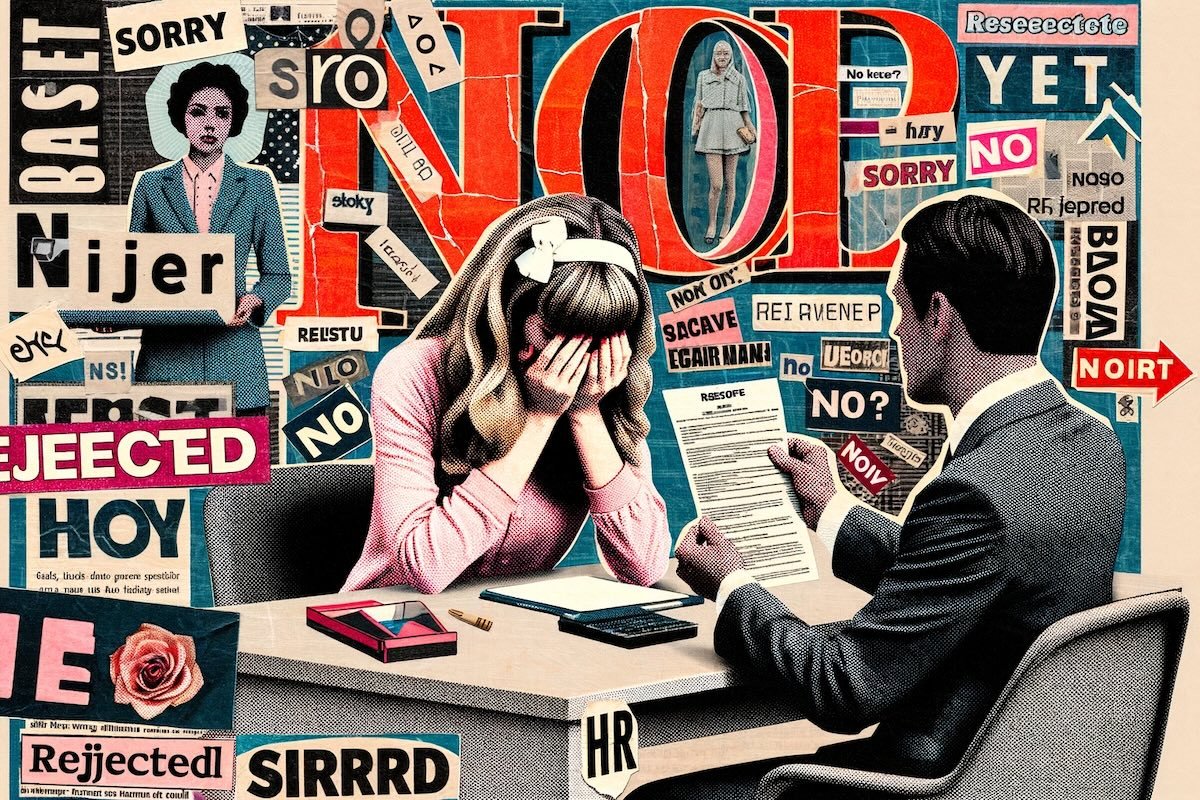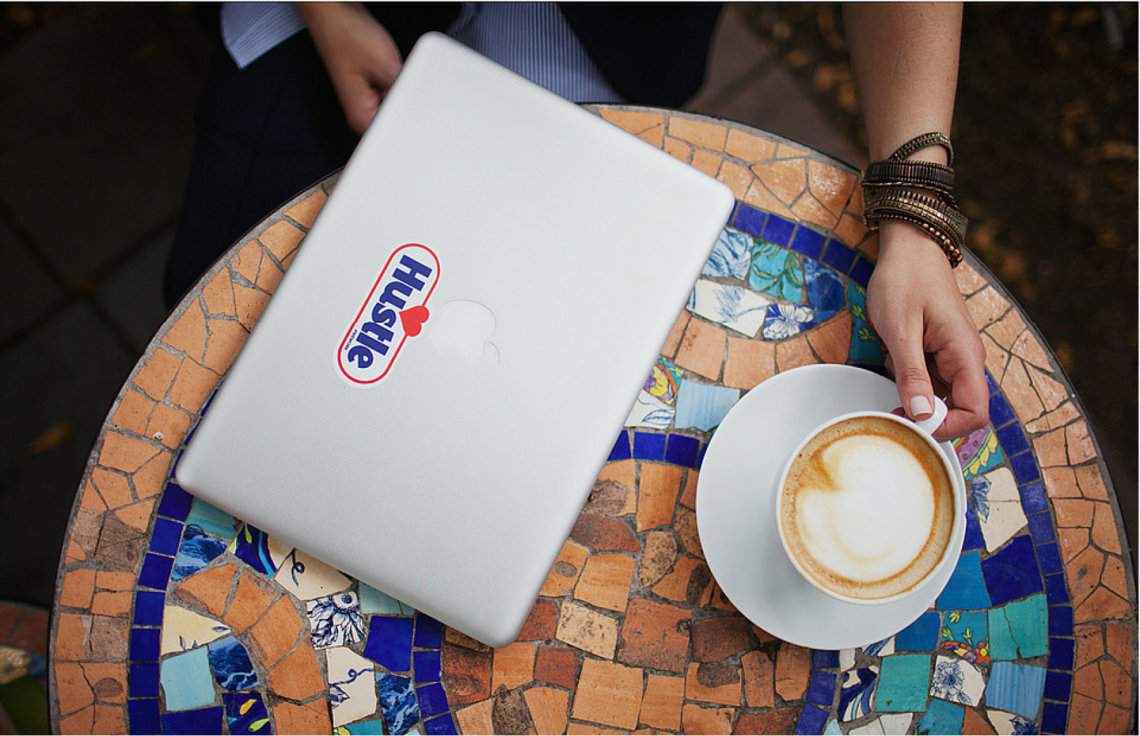What Is a Professional Reference?
What Is a Personal Reference or a Character Reference?
Why You Need Professional References
Who to Use as a Professional Reference
- Former Supervisor
- Former Coworker (especially someone who can speak about your teamwork and collaborative skills)
- Mentor or Career Coach
- Former Coach
- Former Professor
- A High School or College Advisor
- A Professional Colleague in the Industry
- A Professional Colleague Who Works at the Company
The Dos and Don'ts of Professional References
-
DO ask the hiring manager what they will accept as a professional reference or character reference.
-
DON'T rope your roommate into pretending to be your former boss.
-
DO ask a trusted coworker or teammate to speak to your abilities as a coworker if you don't feel comfortable asking a former boss.
-
DON'T ask a boss that you didn't get along with for a professional reference.
-
DO keep periodic communication with former bosses or coworkers.
-
DON'T reach out to someone out of the blue, after ten years, to ask for favors.
-
DO provide a list of references with information about your relationship with them. This gives the hiring manager a few options.
-
DON'T create a list of references without letting your reference know.
How to Ask for a Professional Reference [A Template]
1. Be Thoughtful About Your References
For example:
Jane and I worked on a team that we grew from two people to a team of 14 experienced content creators. She can speak about my management skills and how I grew from a creator to a leader in my role at [COMPANY].
2. Ask, Don't Tell
- Will it be a five-minute phone call, or are you looking for a letter of recommendation?
- Update your potential reference as to what's been happening in your career since you last spoke.
- Describe a shared memory you have with this person and the impact they have had on your career. This can be as casual or formal as your relationship permits.
3. Keep Relationships Open
4. Offer Yourself as a Future Reference
5. Follow-Up + Say Thank You
Reference Request Examples
How to Ask Your Former Boss for a Reference
I hope this letter finds you well. I am reaching out to you with great respect and appreciation. I loved the time we spent working together at [Company Name], and I consider that time to be foundational to my career.
I have recently applied for a new job opportunity with [Target Company]. The position aligns perfectly with my career goals and aspirations, and I believe that my skills and experience make me a strong candidate for the role. As part of their application process, they require references from previous employers who can provide insights into my qualifications and character.
Considering the impact you have had on my professional development during my time at [Company Name], I believe you would be an ideal reference for this position. Your firsthand knowledge of my work ethic, skills, and achievements would provide valuable insight to [Target Company] and give them a comprehensive understanding of my capabilities.
If you are willing and available to act as a reference for me, I would greatly appreciate your support. I understand that providing a reference may require some of your time, and I assure you that I will consider your schedule throughout this process.
If you agree to be a reference, I kindly request that you share your preferred contact information, including your email address and phone number, so that I can provide it to [Target Company] along with my application.
Thank you for considering my request, and thank you, once again, for the guidance and support you provided me.
Sincerely,
[Your Name]
How to Ask a Former Coworker for a Reference
I hope this email finds you well. I wanted to reach out to you as I am in the process of applying for a new job opportunity, and I am in need of a reference from a former coworker. Given our past working relationship, I believe you would be able to provide valuable insights into my qualifications and character.
The position I am applying for aligns perfectly with my career goals, and I am confident that my skills and experience make me a strong candidate. It would mean a lot to me if you could act as a reference and vouch for my abilities.
If you agree to be a reference, kindly provide me with your preferred contact information, including your email address and phone number, so that I can pass it along to the hiring company. I truly appreciate your support, and I will ensure to respect your time throughout the process.
Thank you for considering my request. Your recommendation will make a significant difference in my application. I will keep you informed of any updates regarding the job application.
Warm regards,
[Your Name]
How to Ask Your Mentor for a Reference
I hope this email finds you well. I am reaching out to you because I am applying for a new job opportunity, and I am in need of a reference from a trusted professional. As my career mentor, your guidance and support have been instrumental in shaping my professional growth, and I believe your recommendation would greatly strengthen my application.
The position I am applying for perfectly aligns with my career aspirations, and I am excited about the opportunity it presents. If you would be willing to provide a reference on my behalf, I would greatly appreciate it. Your firsthand knowledge of my skills, work ethic, and character would be invaluable to the hiring company.
Please let me know if you are available and willing to act as a reference. If so, kindly provide me with your preferred contact information, including your email address and phone number. I understand that your time is valuable, and I will ensure to be considerate of your schedule throughout the process.
Thank you for your ongoing mentorship and support. Your recommendation will undoubtedly make a positive impact on my job application. I will keep you updated on the progress of my application.
Warm regards,
[Your Name]










